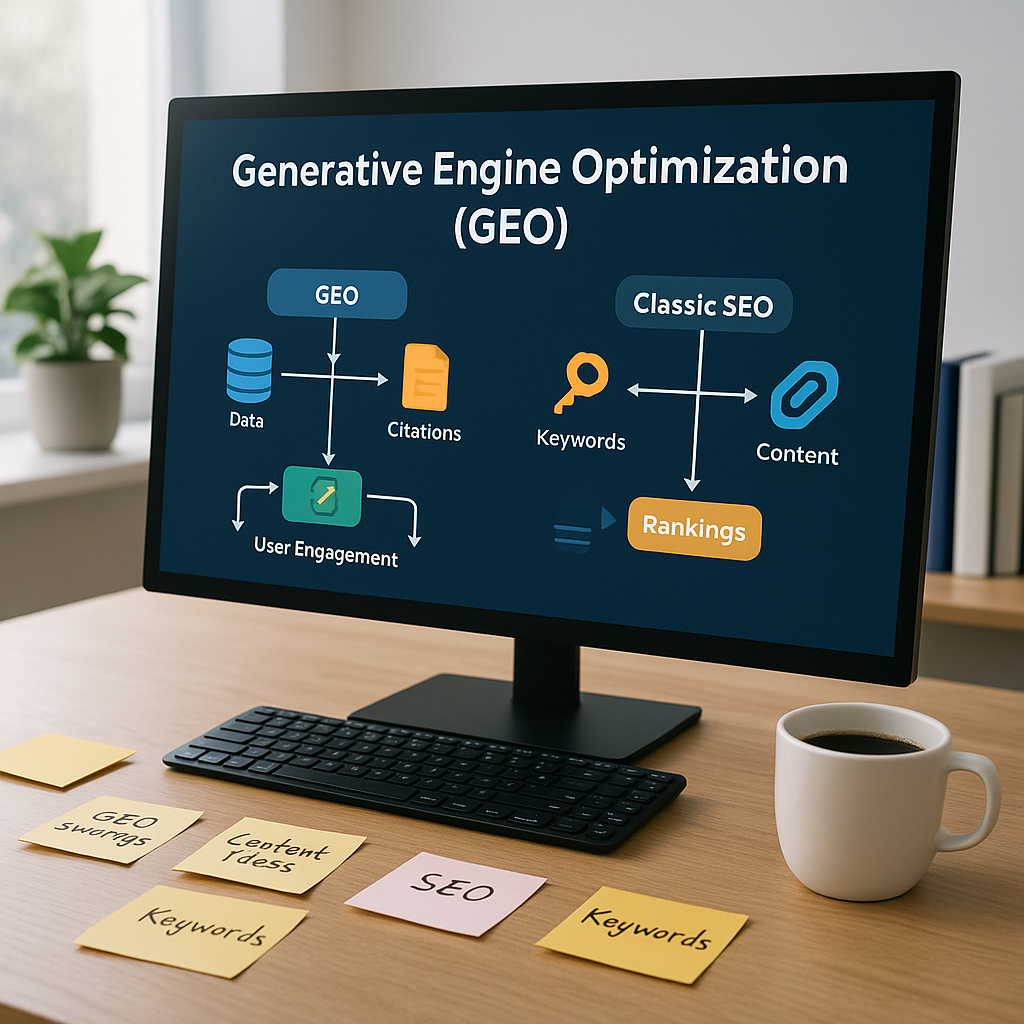
Is SEO Dead in the Age of AI? What Still Matters and What’s Changing
Introduction
For the better part of two decades, SEO has been the cornerstone of digital marketing. Ranking high on Google meant visibility, traffic, and revenue. But over the last 12 months, things have shifted dramatically. With Google Gemini now dominating the top half of many page-one search results and tools like ChatGPT becoming go-to sources of information, many marketers are asking: Is SEO dead?
Spoiler: it’s not dead, but it is being fundamentally redefined. The traditional rules of keyword targeting and content optimization are no longer enough. What worked even a year ago might now deliver diminishing returns. Let’s unpack what’s changed, what still works, and how brands should adapt.
The Rise of Google Gemini and the Decline of the Click
Search engine results pages (SERPs) have always been competitive, but Gemini has completely altered the terrain. For many queries, Gemini's AI-generated summaries, facts, and answers now take up the top half of page one. This real estate used to be prime territory for high-ranking organic links. Today, even the #1 organic result can feel buried.
Users are getting answers before they ever scroll to traditional links. Google is effectively answering questions on behalf of the internet—and in many cases, the user never clicks through to any site at all.
This means:
-
Fewer impressions result in clicks
-
Higher bounce rates for informational content
-
Lower organic traffic, even when rankings hold steady
We’ve entered a "zero-click" reality, and Gemini is accelerating it.
The ChatGPT Factor
While Google has tried to evolve search with Gemini, OpenAI has changed how people ask questions entirely. Instead of typing a query into Google, users are increasingly turning to ChatGPT or other AI chatbots to get direct, conversational answers.
This bypasses search engines altogether.
Why?
-
It’s faster and more personalized
-
Users don’t have to sift through links
-
AI models summarize and synthesize instead of just indexing
ChatGPT doesn’t send users to your site. It learns from it, summarizes it, and gives the user what they need instantly. That’s efficient for the user, but a new challenge for marketers.
So... Is SEO Dead?
No. But it’s no longer just about search engines. It’s about information ecosystems. SEO has evolved from a purely ranking-based game to a visibility strategy across AI-driven platforms.
Instead of optimizing for search engines, smart marketers are now optimizing for search experiences.
Here’s what that means:
-
Create content that AI can cite, summarize, or extract value from
-
Write with clarity, structure, and authority
-
Focus on E-E-A-T (Experience, Expertise, Authoritativeness, Trustworthiness)
-
Use semantic keywords and topic clusters
-
Structure content so it can be easily parsed and summarized
It’s about becoming the source that AI chooses to pull from.
What Still Works in This New Landscape
-
Authoritative, Original Content
AI can't replicate lived experience or deep industry insight. Your content should reflect real expertise, case studies, or unique perspectives that models can't easily summarize from elsewhere. -
Structured Content and Schema Markup
Structured data helps AI understand your content. Using schema markup can increase the likelihood that your content is featured in snippets or Gemini summaries. -
Long-Tail and Intent-Based Keywords
Targeting high-volume terms is no longer enough. Focus on specific, nuanced queries tied to user intent and provide answers AI can't easily shortcut. -
Brand Authority
If you build a recognizable, trusted brand, users will search for you directly. AI models are also more likely to reference and synthesize content from known, reputable sources. -
Content Distribution Outside Search
Use email, LinkedIn, YouTube, and industry newsletters to drive engagement. Don’t rely on organic search as your sole channel.
What to Stop Doing
-
Chasing vanity keywords with no context or conversion value
-
Creating thin content just to hit word counts
-
Expecting rankings to equal traffic in a zero-click world
-
Relying exclusively on search volume tools to drive content decisions
Adapting Your Strategy
Here’s how to future-proof your marketing in the age of Gemini and AI search:
-
Think like a publisher, not a ranker: What are people really trying to understand? How can your brand be the clearest voice on that topic?
-
Diversify traffic sources: Build newsletter audiences. Grow on LinkedIn. Collaborate on podcasts. SEO is one part of a broader strategy.
-
Lean into expert-led content: Interviews, opinion pieces, first-person case studies—anything AI can’t replicate easily.
-
Track brand queries: As zero-click search rises, branded search interest becomes a key performance indicator.
Final Word
SEO isn’t dead. But the old playbook is. If you’re still optimizing for the blue links of yesterday’s SERPs, you’re missing the bigger picture.
AI hasn’t killed search. It’s just changed the rules. The winners will be the brands that adapt their content for humans and machines that deliver clarity, originality, and authority in a world where every query is met with an instant, AI-powered response.
Welcome to the new SEO.
.png?width=500&height=500&name=Uku%20Lab%20Main%20Logo%20(1).png)

